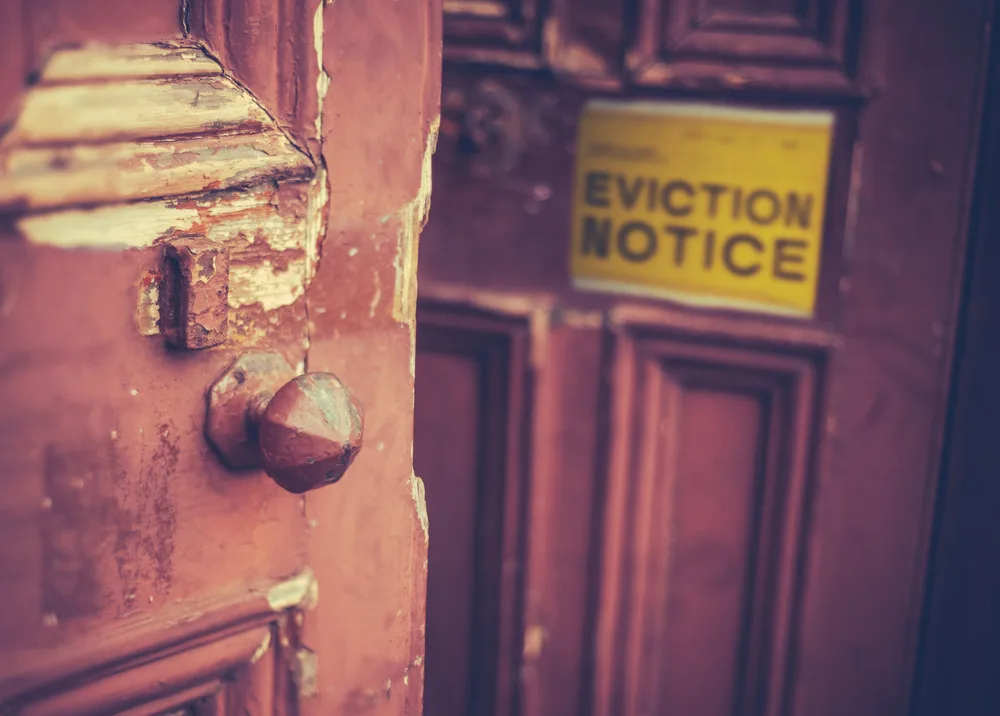Table of contents
Introduction
As a property owner or landlord in the Dallas-Fort Worth (DFW) metroplex, discovering that squatters have invaded your property can be both frustrating and overwhelming. Squatters are individuals who occupy a property without permission, and removing them requires legal action. This blog will guide you through the squatting laws in Texas and help you understand the process of legally evicting squatters from your property.
.

What Are Squatting Laws in Texas?
Squatting laws in Texas are designed to address individuals who take possession of a property without the owner’s consent. Squatters may attempt to establish rights to the property through a legal principle known as adverse possession. Adverse possession allows a squatter to claim ownership of a property if they have occupied it for a certain period of time, met specific conditions, and paid property taxes. However, this is not a straightforward process, and in most cases, property owners can legally remove squatters by following the proper legal eviction process.
Can Squatters Claim Property Through Adverse Possession?
In Texas, a squatter can claim ownership of a property through adverse possession under very specific conditions. They must:
- Continuously occupy the property for a certain period of time (typically 10 years).
- Make use of the property in an open and notorious way (meaning they are not hiding their occupation).
- Pay property taxes during that period.
However, adverse possession is rare, and most squatters do not meet these requirements. As a property owner, you have legal options to remove squatters from your property before they can attempt to claim ownership.
Steps to Evict Squatters Under Texas Law
If you are dealing with squatters in the DFW metroplex, it’s essential to follow the legal eviction process to avoid potential legal repercussions. Here are the steps involved:
Step 1 – Serve a Notice to Vacate
The first step is to serve the squatters with a Notice to Vacate. This notice informs them that they are illegally occupying your property and gives them a specific timeframe (usually three days) to leave the premises.
Step 2 – File an Eviction Lawsuit
If the squatters do not comply with the Notice to Vacate, you will need to file an eviction lawsuit (also known as a forcible detainer lawsuit) in the appropriate Justice of the Peace (JP) court. Filing this lawsuit initiates the formal legal process to remove the squatters from your property.
Step 3 – Attend the Eviction Hearing
Once the lawsuit is filed, a hearing will be scheduled. As the property owner, you will need to attend the hearing and present evidence, such as property ownership documents and proof that the Notice to Vacate was served. The squatters will also have a chance to present their case.
Step 4 – Obtain a Writ of Possession
If the court rules in your favor, they will issue a Writ of Possession, which allows law enforcement to remove the squatters and their belongings from your property. The squatters are typically given 24 to 48 hours to vacate after the writ is issued.
Step 5 – Reclaim Your Property
Once the squatters have been removed, you can take possession of your property. It’s essential to change the locks and secure the property to prevent future unauthorized entry.

How to Protect Your Property from Squatters
To prevent squatters from invading your property in the first place, consider the following steps:
- Regularly inspect vacant properties: Frequent visits will discourage squatters from occupying your property.
- Secure your property: Use fences, locks, and security systems to deter unauthorized entry.
- Post “No Trespassing” signs: This will provide legal grounds for action if someone enters without permission.
Frequently Asked Questions (FAQs) About Squatting Laws in Texas
Can I remove squatters from my property without going to court?
No, Texas law requires that you go through the legal eviction process. Taking matters into your own hands, such as changing the locks or physically removing the squatters, is illegal and can lead to penalties.
How long do squatters need to occupy a property to claim adverse possession in Texas?
In most cases, squatters must occupy the property for at least 10 years to claim adverse possession. However, they must also meet other specific legal requirements, such as paying property taxes.
What should I do if squatters refuse to leave after receiving a Notice to Vacate?
If squatters refuse to leave, you will need to file an eviction lawsuit in the local Justice of the Peace court. The court will then determine whether the squatters must vacate.
Can a squatter claim ownership of my property if they don’t pay property taxes?
No, paying property taxes is one of the essential requirements for claiming adverse possession. If a squatter is not paying taxes, they cannot claim ownership of your property.
How long does it take to evict squatters in Texas?
The eviction process for squatters typically takes a few weeks, depending on the court’s schedule. After the court issues a Writ of Possession, law enforcement can remove the squatters within 24 to 48 hours.
Conclusion – Get Help with Squatters in DFW
Dealing with squatters can be stressful, but understanding squatting laws in Texas and following the proper legal process will help you regain control of your property. If you’re a property owner or landlord in the DFW metroplex and need assistance with squatter eviction, NTX Eviction is here to help. Our experienced team will guide you through the eviction process and ensure that your property is protected.
Need more help? Have more questions? Contact us today for a free consultation
